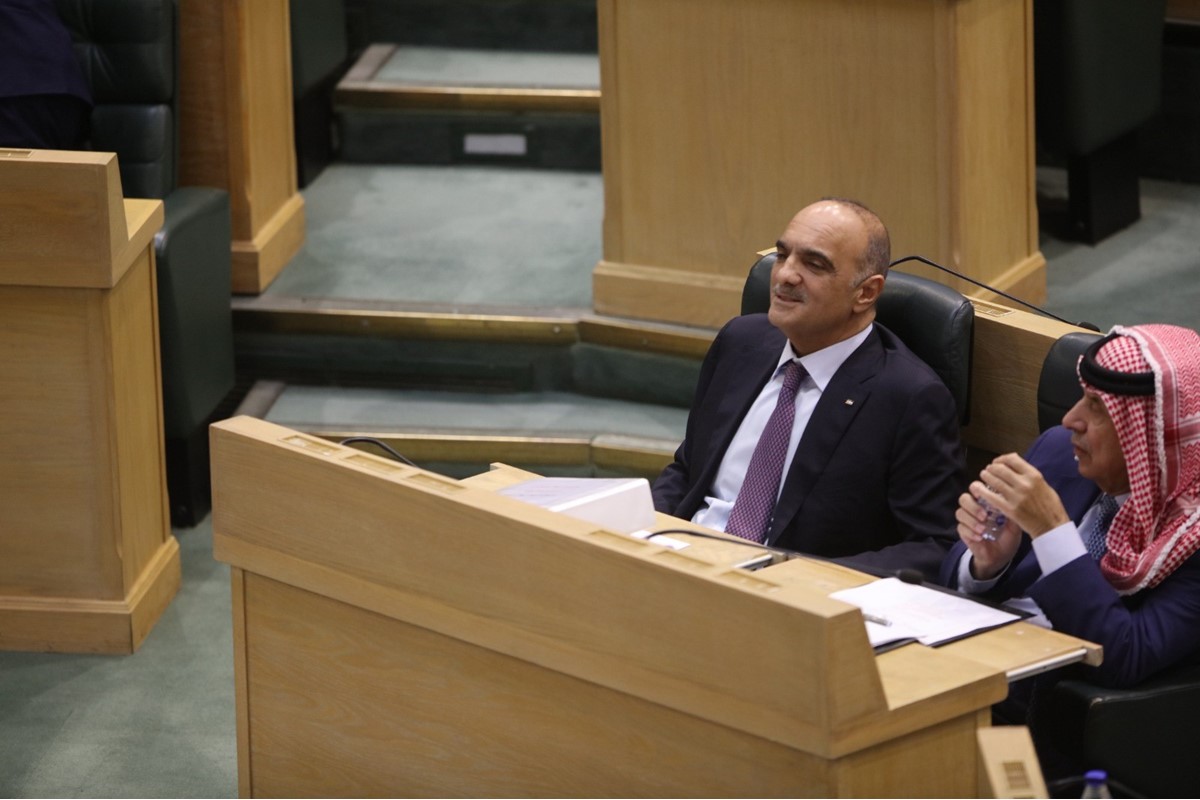AMMAN — On Wednesday, Prime Minister Bisher Al-Khasawneh announced that the Kingdom would provide the necessary legal studies and arguments once the
International Court of Justice (ICJ) considers the claim of genocide in Gaza.
اضافة اعلان
During his address to the Lower House in a legislative session discussing amendments to the "Right to Access Information" law, he emphasized, "It is a case, not a consultation, based on the Genocide Convention." He reiterated Jordan's unwavering commitment to defending Palestine and its just cause, expressing readiness to contribute expertise in serving the Palestinian cause.
Earlier, Deputy Prime Minister and
Minister of Foreign Affairs and Expatriates Ayman Safadi affirmed Jordan's support for South Africa's lawsuit against Israel on charges of committing genocide in its ongoing war on the besieged Gaza Strip. Jordan is set to present legal arguments to the court. ICJ is scheduled to hold its first public hearing on Thursday in the lawsuit filed by South Africa, seeking to try Israel for genocide in its
war on Gaza, a case supported by Jordan and the Palestinian government, as reported by Al-Mamlaka TV.

South Africa submitted an 84-page request to the International Court of Justice on December 29, stating that Israel's actions and negligence carried a genocidal character, intending to destroy Palestinians in Gaza as part of the broader national, ethnic, and racial group, i.e., Palestinians. The lawsuit alleges that Israel's behavior, "through state bodies, state agents, and other individuals and entities acting under its instructions, direction, control, or influence," constitutes a violation of its obligations towards
Palestinians in Gaza under the Genocide Convention.
It also contends that Israel "failed to prevent genocide and failed to prosecute direct and public incitement to commit genocide."
ICJ, based in The Hague, typically takes a week or two to issue decisions on emergency proceedings after hearings. While the court's decisions are legally binding, its enforcement authority is limited. The court's 15-member bench, with one additional judge from each party in the Israel case, deals with border disputes and escalating issues brought by countries accusing others of violating UN treaty obligations.
Read more National news
Jordan News




